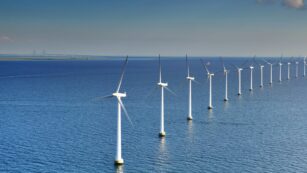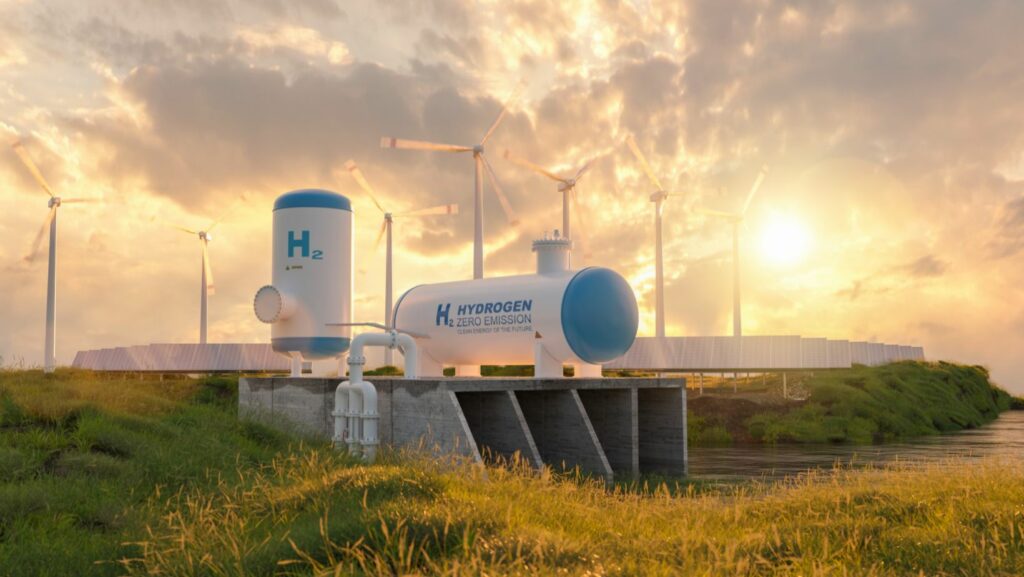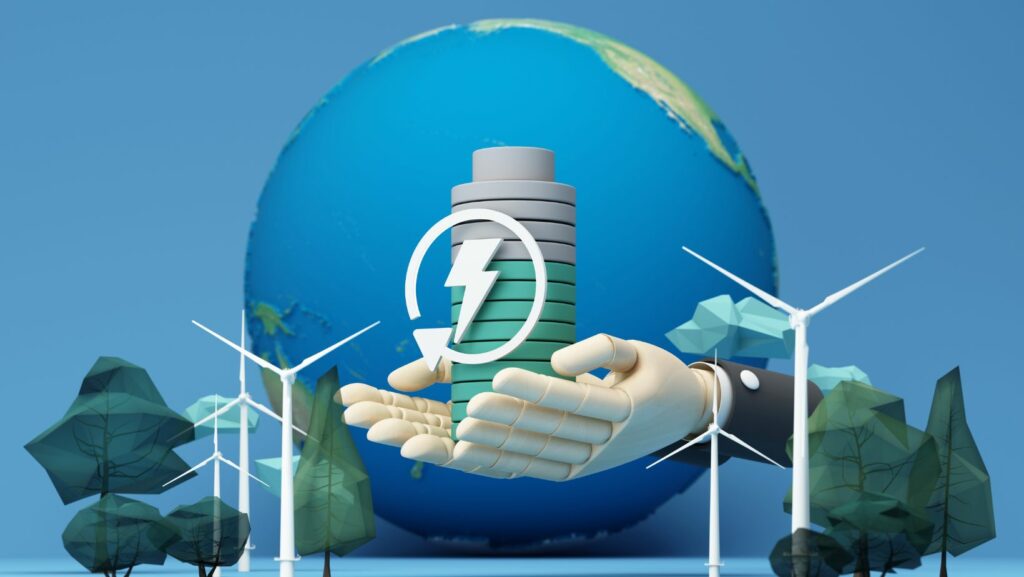As the world shifts towards sustainable practices, the demand for renewable energy jobs is skyrocketing. Entry-level positions in this sector offer exciting opportunities for those looking to make a difference while launching their careers. With a focus on solar, wind, and other green technologies, these roles not only contribute to environmental preservation but also provide a pathway to professional growth.
Entry Level Renewable Energy Jobs
Entry-level renewable energy jobs provide essential opportunities for individuals looking to enter the field. Positions exist across various sectors, including solar, wind, and energy efficiency.
Common Entry-Level Positions
-
 Solar Technician
Solar Technician
-
Solar technicians install and maintain solar power systems. They often work on rooftops, ensuring proper installation and functionality.
-
Wind Turbine Technician
-
Wind turbine technicians conduct maintenance on turbines. These technicians climb to heights for inspections and repairs.
-
Energy Analyst
-
Energy analysts collect data to assess energy consumption patterns. They provide insights that help optimize energy use for efficiency.
-
Project Coordinator
-
Project coordinators support solar or wind projects from inception to completion. Responsibilities include scheduling, documentation, and communication between stakeholders.
-
Sales Representative
-
Sales representatives sell renewable energy products and services. They engage customers by educating them on the benefits of renewable solutions.
Industry Growth and Outlook
The renewable energy sector is expanding rapidly, with growth projected at 61% from 2020 to 2030 for advanced energy jobs, according to the U.S. Department of Energy. This growth leads to increased entry-level positions, making the field a viable career choice.
Educational Background
Generally, a bachelor’s degree in environmental science, engineering, or a related field benefits applicants. However, hands-on experience through internships and technical training can also facilitate entry into these roles.
Entry-level renewable energy jobs present exciting career paths, aligning personal interests with industry needs while promoting sustainability.
Key Sectors In Renewable Energy
Solar Energy and Wind Power
 Solar energy jobs focus on harnessing sunlight to generate electricity. Entry-level positions include solar technicians, who install and maintain solar panels, and solar sales representatives, who promote solar solutions to customers. Vital skills in this sector consist of technical aptitude, customer service abilities, and knowledge of photovoltaic systems.
Solar energy jobs focus on harnessing sunlight to generate electricity. Entry-level positions include solar technicians, who install and maintain solar panels, and solar sales representatives, who promote solar solutions to customers. Vital skills in this sector consist of technical aptitude, customer service abilities, and knowledge of photovoltaic systems.
Wind power jobs center around converting wind energy into electricity. Key entry-level roles include wind turbine technicians, responsible for the installation and maintenance of turbines, and project coordinators, who manage wind farm development schedules. Essential skills in this sector encompass mechanical knowledge, safety awareness, and teamwork.
Hydroelectric Power & Bioenergy
Hydroelectric power jobs involve generating electricity through water flow. Common entry-level positions include hydroelectric plant operators and maintenance workers, focusing on the functionality of turbines and generators. Necessary skills include mechanical expertise, problem-solving capabilities, and safety compliance.
Bioenergy jobs pertain to the conversion of organic materials into energy. Entry-level opportunities include energy analysts who assess biomass feedstock and technicians who operate biomass facilities. Important skills include analytical abilities, an understanding of biological processes, and data interpretation.
Skills And Qualifications Required
 Entry-level renewable energy jobs demand a mix of essential skills and qualifications. Candidates often possess the following attributes:
Entry-level renewable energy jobs demand a mix of essential skills and qualifications. Candidates often possess the following attributes:
-
Technical Knowledge: Understanding energy systems, equipment, and software essential for specific roles in solar, wind, and bioenergy technologies enhances job performance. Familiarity with renewable energy concepts gives candidates a competitive edge.
-
Analytical Abilities: Strong analytical skills enable individuals to interpret data, perform feasibility studies, and evaluate energy performance metrics. These capabilities are critical for roles like energy analysts and project coordinators.
-
Effective Communication: Clear communication fosters collaboration within teams and interactions with clients. Proficiency in presenting complex ideas in understandable terms supports successful project execution and customer relations.
-
Problem-Solving Skills: Identifying and resolving issues swiftly is vital in the fast-paced environment of renewable energy. Individuals equipped with strong problem-solving skills can navigate challenges that arise in project development and implementation.
While a bachelor’s degree in environmental science, engineering, or a related field is advantageous, it’s not the sole pathway into the industry. Employers increasingly value hands-on experience gained through internships, technical training, and coursework.
Certifications specific to the renewable energy field, such as those related to solar installation or wind turbine operation, also enhance a candidate’s qualifications. Additionally, skills in project management and basic electrical knowledge serve to further distinguish applicants in job searches.



